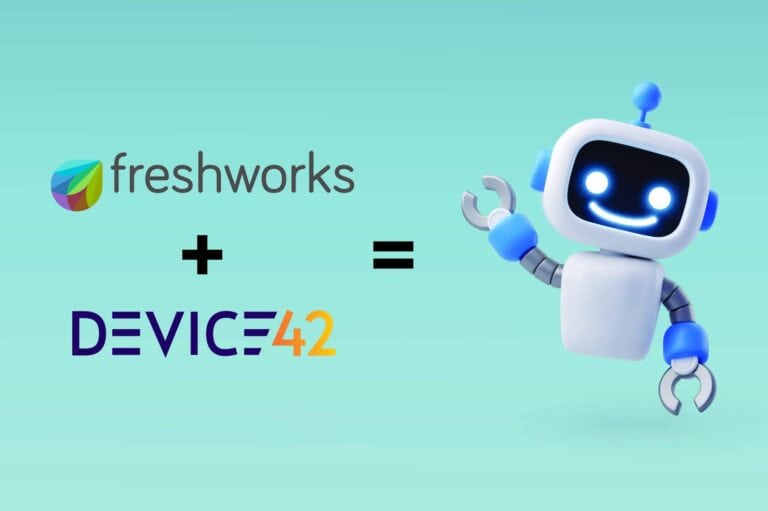There was about 80 years between the brave and foolhardy heroics of Santos-Dumont and the Wright brothers in creating serious aviation and the tedious routine of modern plane travel. That, of course, was mechanical engineering and the 20th Century – IT and the 21st can do that kind of thing much faster.
Table of Contents
ToggleThat aircraft journey of attitude is really one from improvisation and invention to reliability and repetition. I was driven to this thought by the latest IBM video supporting our SaaS offerings – specifically of course the SCCD offering since that is the one supporting service management – the area I am supposed to know something about.
Our continuing journey
What occurred to me was that we have come on a similar journey in service management software tools since the early, brave and foolhardy, days in ITIL.
When we first started talking with the small companies building products to support processes like incident, problem, change and configuration management the conversation was about what the software could, should and could not do. How it might permit new effective and economic opportunities. Excitement about how linking incidents, problems and known errors and suggesting resolution might revolutionise what a help desk could do to support the business. In short, the focus was on doing new things, and especially in doing things that weren’t possible before the new technology came along.
Since then of course we have seen ITSM software go from something new and different through to the kind of utility product every company has. It is no longer ‘do you have software supporting your core ITSM processes?’ Instead it is ‘which software do you use?’
Tools are a symptom of success
I think the tools environment shows the success, value and widest possible applicability of modern service management. What we are pushing now is less ‘here’s a cool new thing you could play with’ and more ‘here is a reliable product, it is easy to use and update and maintain’.
That is seen very clearly in the promotion of SaaS based ITSM software. We almost take for granted now what the software can do, the speed and critical nature of the services IT supports now means reliability, speed and ease of update etc are the things we ask about.
Interestingly, also, we see the apparent commonality of product that the car industry has demonstrated. Customers – and especially their new, young staff who have to actually use software, expect it to be intuitive. They don’t want to go on a training course; they certainly don’t have any intention of reading the manual. That makes for a certain common look and feel across (at least some) aspects of today’s software. And in turn that means we look to other factors as the differentiators. To some extent it might be the frills – the little extra bells and whistles – that do keep every product a little unique.
Being bored is a positive
But I think the ‘keep me bored’ factor is of ever more importance. To the sensible and up to date CIO, decision influencing factors are very different than they were 25 years ago. Concepts like ‘no need to host’, ‘implements in minutes’, ‘automatically updates’ are the modern attention grabbers.
If you want one more analogy showing that as our new world attitude, think about rental cars. Can you remember when the rental car companies took you to the car and showed you the controls? Now it is competitive edge that we just turn up, take the keys, go to the car and drive off. Actually, the most interesting part of that analogy is that I don’t know when it happened. I can remember when it wasn’t like that – when I was shown the controls of a new car; I know it is different now but I have no key memory of the change.
That change has happened in ITSM software much the same – I don’t recall any significant step change. But in both case I am sure it’s progress.





